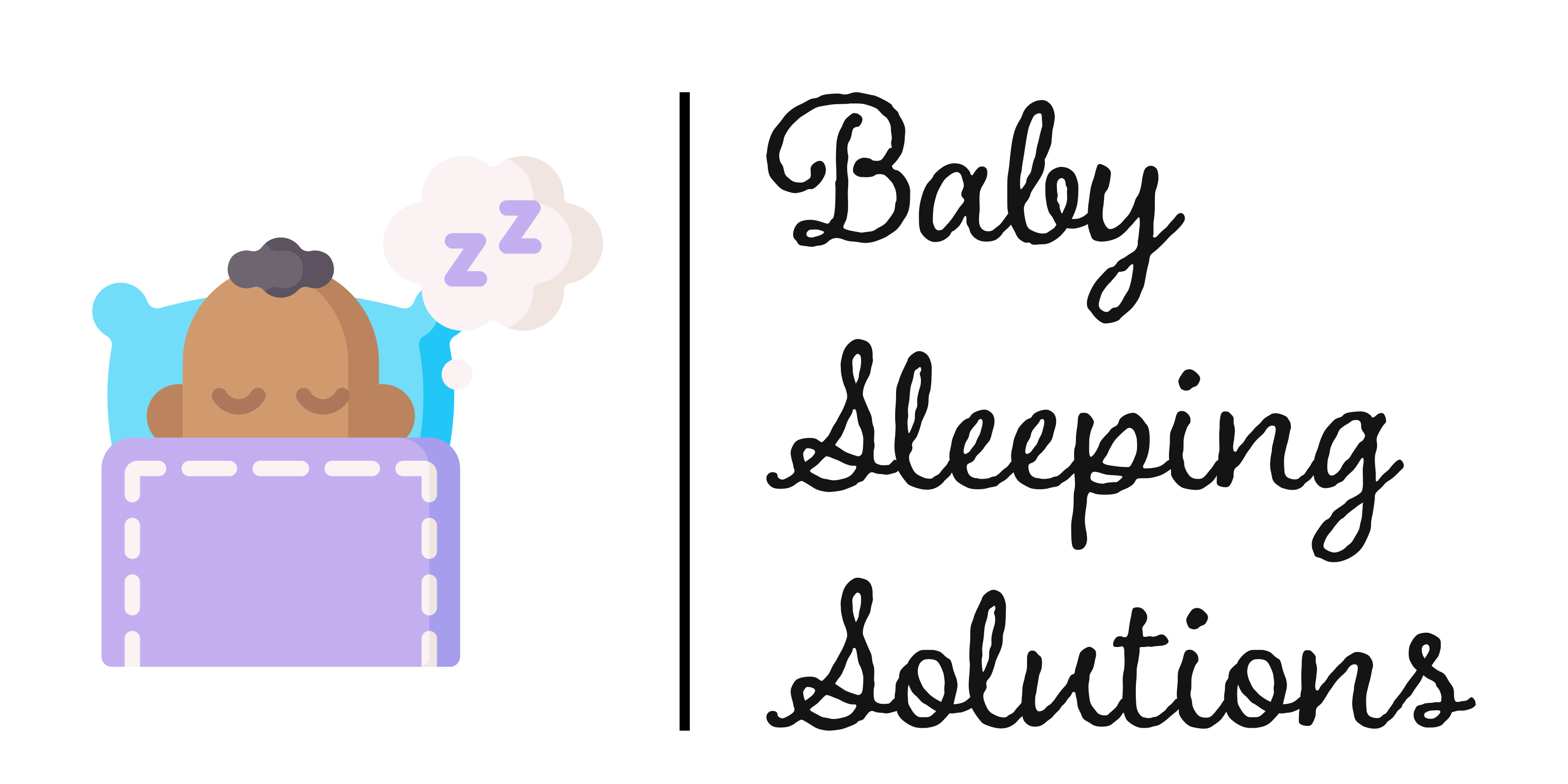Embarking on the journey of sleep training with your 8-month-old can be a challenging yet rewarding experience. This article focuses on an empathy-fueled approach to help your baby develop healthy sleep habits. Explore strategies that prioritize your baby’s comfort and emotional well-being, including responsive soothing techniques and fostering a secure sleep environment. With this gentle approach, you can guide your little one from tears to tranquility for a more restful night’s sleep.
Understanding Your 8-Month-Old’s Sleep Needs
Before diving into sleep training, it’s crucial to understand the unique sleep needs of your 8-month-old.
1. Empathy-Fueled Strategies
a. Responsive Soothing
When your baby cries or wakes at night, respond with empathy. Offer a gentle touch, soothing words, or a comforting presence to reassure your baby that you’re there for them.
b. Comfort Objects
Introduce comfort objects like a soft blanket or a favorite stuffed animal. These items can provide a sense of security and comfort during the night.
2. Creating a Secure Sleep Environment
A secure sleep environment contributes to your baby’s emotional well-being.
a. Cozy Bedding
Ensure your baby’s crib has cozy and breathable bedding. A comfortable sleep space promotes a sense of security.
b. Dim Lighting
Use dim lighting during nighttime check-ins. This creates a soothing atmosphere and minimizes disruptions to your baby’s sleep.
***Learn The SECRET To Solving Baby Sleep Problems***
Night Wakings and Gradual Independence
Night wakings are part of the sleep training process, and promoting gradual independence is key.
1. Gentle Check-Ins
Implement gentle check-ins when your baby wakes at night. Offer comfort and reassurance without fully engaging, allowing them to settle back to sleep gradually.
2. Encouraging Self-Soothing
Encourage self-soothing by giving your baby the opportunity to calm themselves before intervening. This approach fosters independence and empowers your baby to manage nighttime awakenings.
Consistency and Compassion: A Balanced Approach
Balancing consistency with compassion is essential for successful sleep training.
1. Communication through Cues
Pay attention to your baby’s cues and signals. If they show signs of distress, respond with empathy and reassurance.
2. Celebrating Progress
Celebrate small victories along the way. Each night of peaceful sleep is a step toward a well-rested and content baby.
In Conclusion
Empathy-fueled sleep training recognizes the emotional needs of your 8-month-old. By prioritizing comfort, security, and gradual independence, you can guide your baby from tears to tranquility. May your nights be filled with moments of connection and the peaceful sleep both you and your baby deserve. Sweet dreams!

